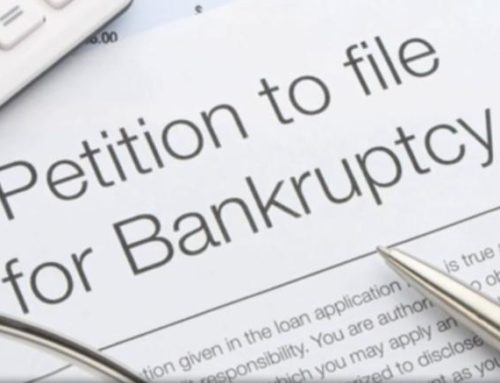Can I Get a Mortgage After Bankruptcy In Pennsylvania?
Home ownership is an integral part of the American dream. Everyone wants their own little piece of paradise, but with the recent problems in the real estate market and the economy in general, a lot of people wonder whether or not they will actually qualify for a mortgage. This is especially the case with individuals who have already faced a foreclosure or a bankruptcy. An important thing to remember is that a foreclosure or bankruptcy does not have the same negative stigma that it once did. Of course, these types of things do stain a person’s credit report for a number of years, but they are not necessarily a silver bullet that completely ruins a person’s credit and prevents them from qualifying for a new home loan.
Getting a mortgage after bankruptcy is not as easy as qualifying for a loan if a person has a clean, high credit score. This is the case even if they have an otherwise good relationship with the bank or lender that they have relied on in the past.
Getting Started
The first thing to do is for the person to check their credit report after the bankruptcy has been discharged so that they can ensure that there are no accounts in default or current collections going on. Unfortunately, there are some creditors out there that continue to report missed payments or collection actions even if the debt has been wiped clean due to a bankruptcy.
A person should also take the time to look over any official records that are available. Things like court actions, tax records, the credit report, and property deeds will need to be looked over for accuracy. Most lenders will not approve a new mortgage or a bankruptcy mortgage refinancing unless it has been at least three years.
No credit after bankruptcy mortgage will pose a problem for an individual looking to refinance their existing loan. While that does not necessarily mean that it is completely impossible for person the qualify for a new loan, they should expect a much higher interest rate than they would otherwise have to pay if they had a decent credit score.
Repairing Damaged Credit
One of the ways a person can get their credit in better shape is to keep any installment loans that they have after the bankruptcy has been filed open. Things like student loans should be paid on time every month in order to prevent further damage to the individuals credit score.
Applying for a secured credit card is also a good way to start building credit. Of course, it is important for the individual to make sure that the credit card they are using is one of the ones that actually reports to the major credit reporting bureaus. Since not all cards report to these bureaus and not all cards report to all three credit-reporting bureaus, it is important to make sure that an individual chooses the right credit card. In order to get the most out of this card, the individual should regularly make small purchases and pay their bill in full each time it arrives.
An unsecured credit card with a higher interest rate may also be a good option, but an individual will have to take care to make sure that they do not let their debt get away from them. They should never have a significant balance on the card.
Even if a person has saved up the money to make a large purchase, like a car, they should consider taking out loans instead even if the interest rate is on the high side and make payments so that they can show that they are responsible enough to handle a loan.
It is also crucial that a person checks his or her credit report on a regular basis to ensure that there are no old debts that can still haunt them. Any debt that is less than seven years old should be dealt with by making payment arrangements with the creditor that are reasonable and acceptable to both parties.
The Next Step
Once a person has followed these tips they should start shopping around see what types of loans are actually available. For example, a person may be able to use a VA mortgage or an FHA mortgage that offers more favorable terms than what would otherwise be available at the local bank or credit union. People also should be prepared to answer questions when the financial institution asks them to explain the financial difficulties that they have faced in the past. It may be necessary to not only explain what happened but also give a good accounting for what the person has done to prevent those types of issues from coming up again.
In the end, previous problems do not automatically disqualify a person from fulfilling their dream of homeownership or from refinancing a home that they are currently in so they can make improvements or simply lower their monthly payments. A person that is willing to do the work to get their debt under control and their credit in good shape will find that qualifying for a mortgage is not nearly as difficult as they may have imagined.






